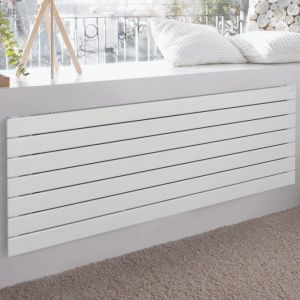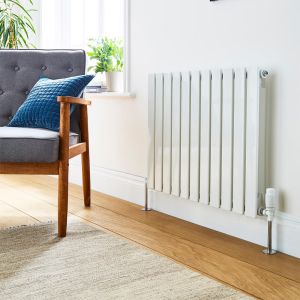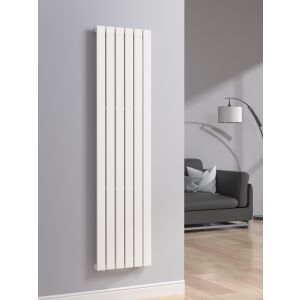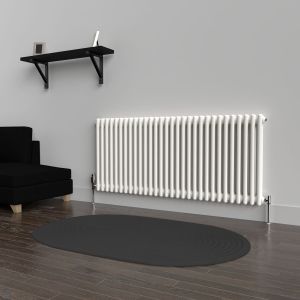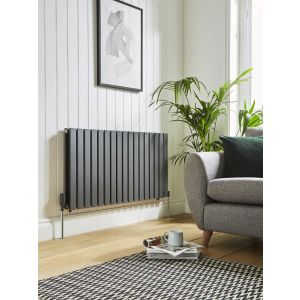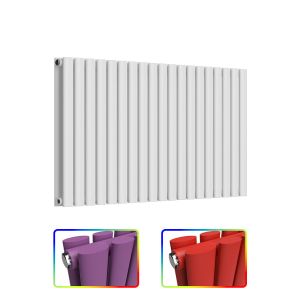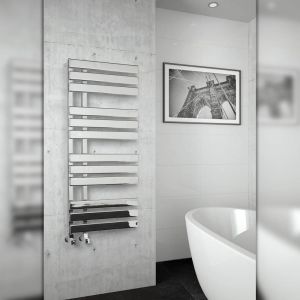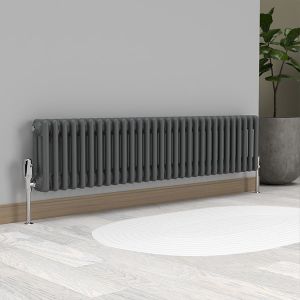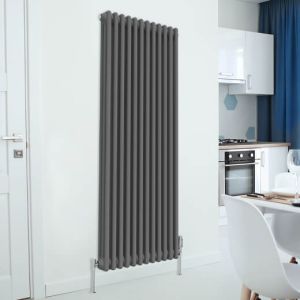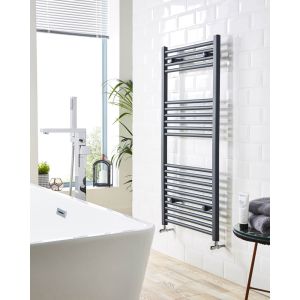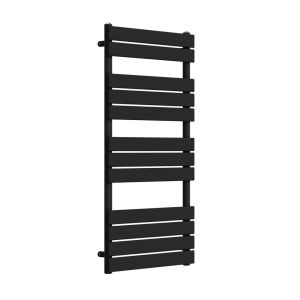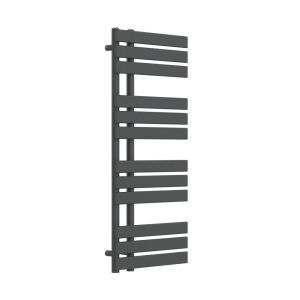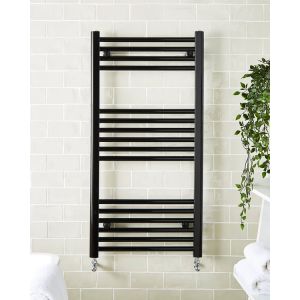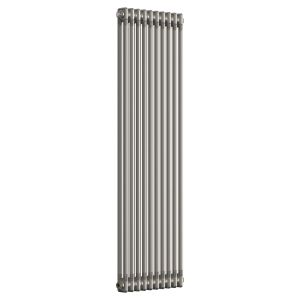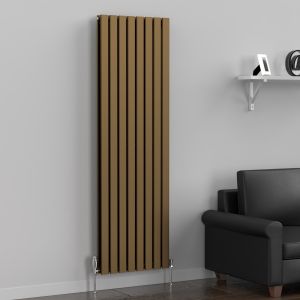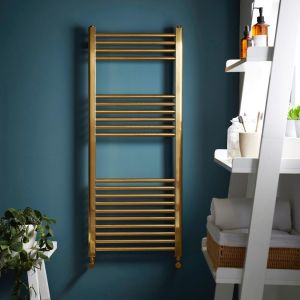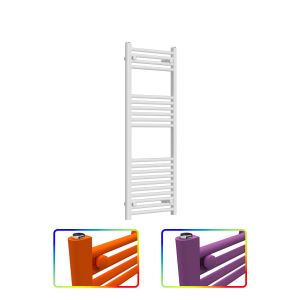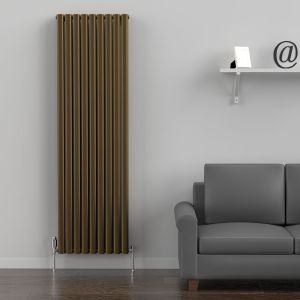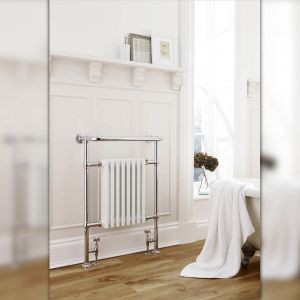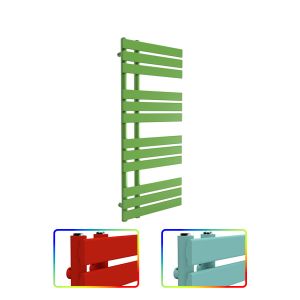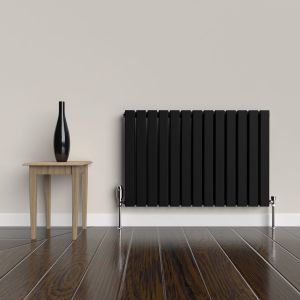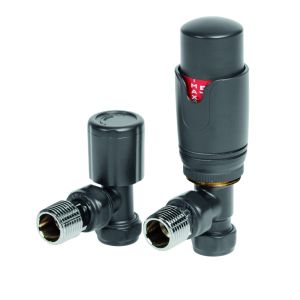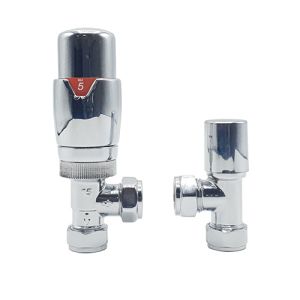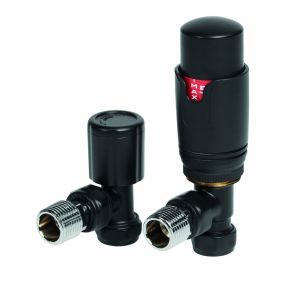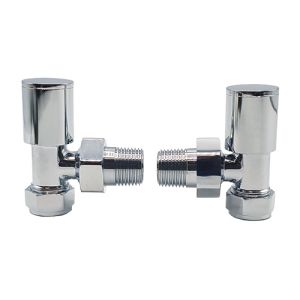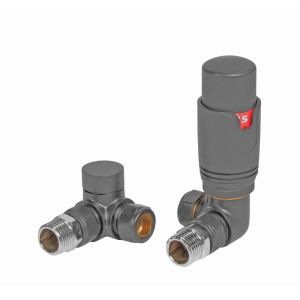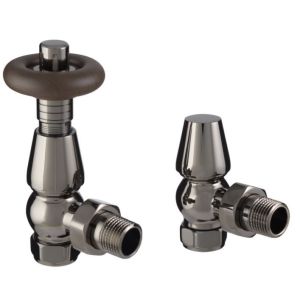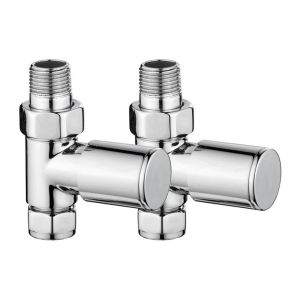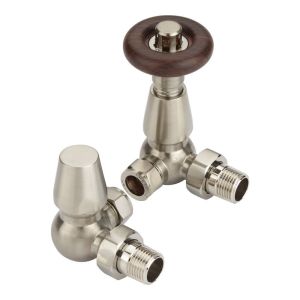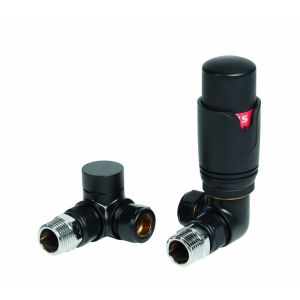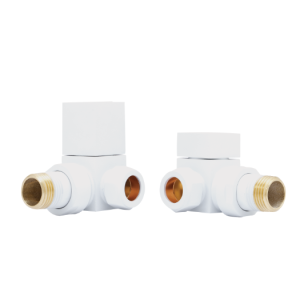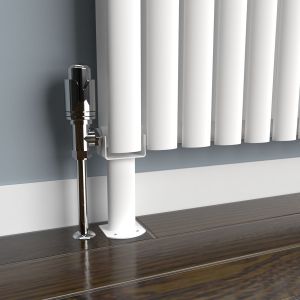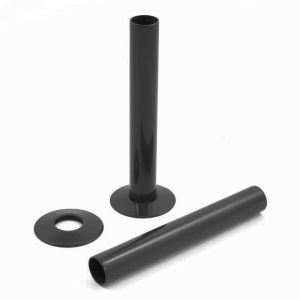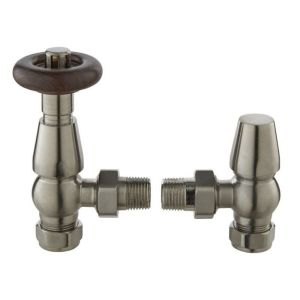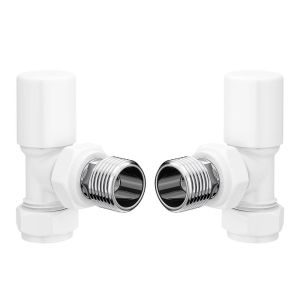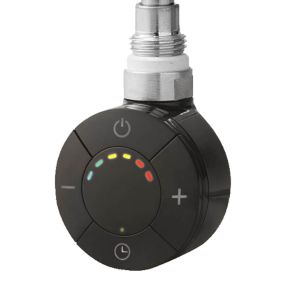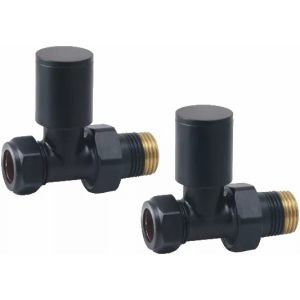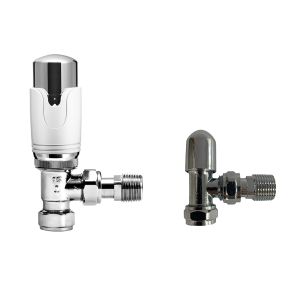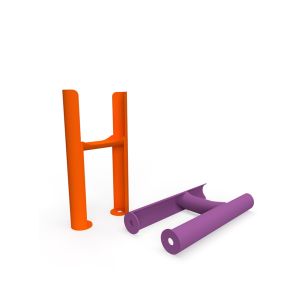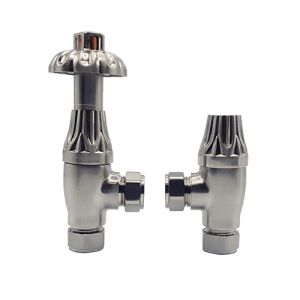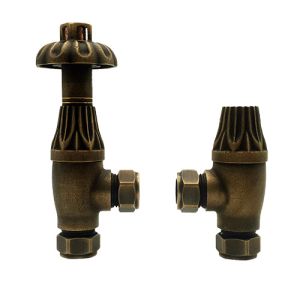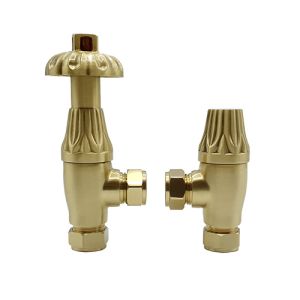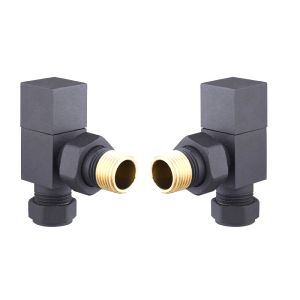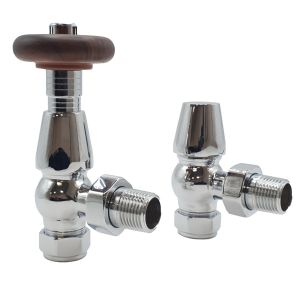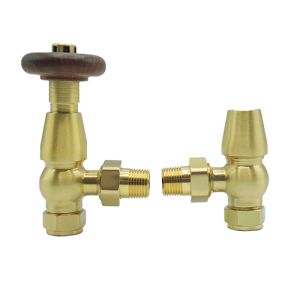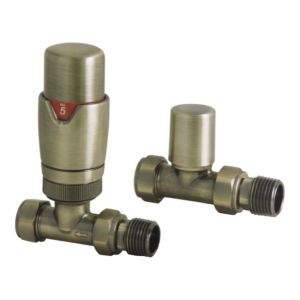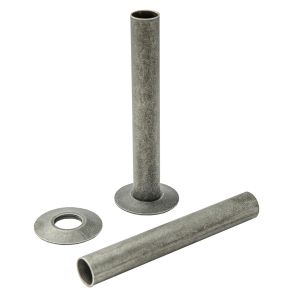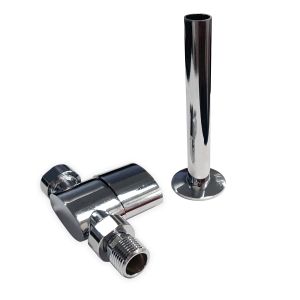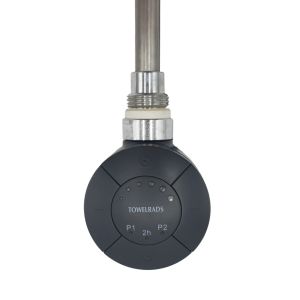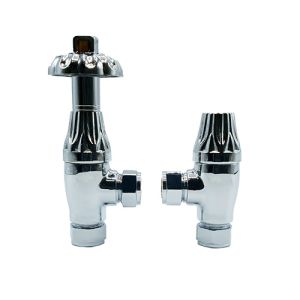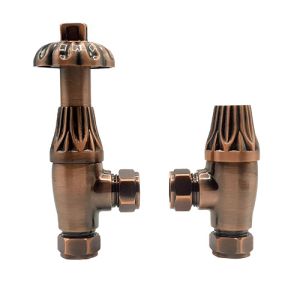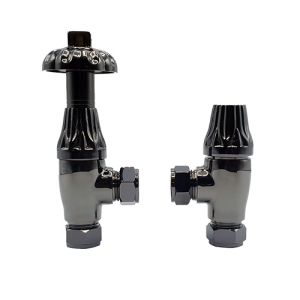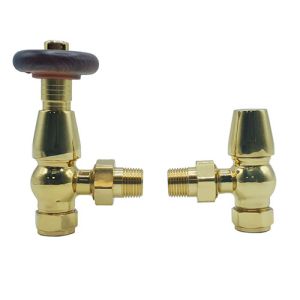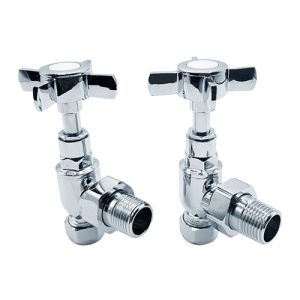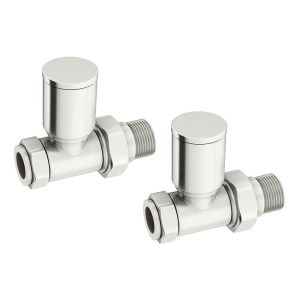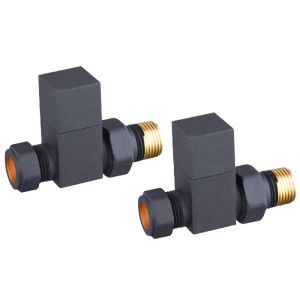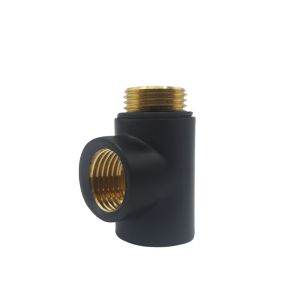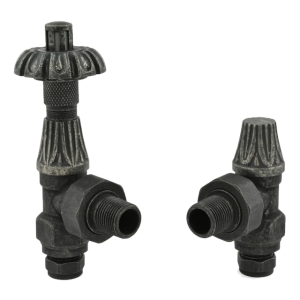We love our radiators, especially in winter; they’re the incomparably useful devices that keep us warm and comfortable in our homes whatever the temperatures and however unseemly the weather outside. Which is why, when something unusual, something that doesn’t seem right, happens with them, we may become concerned. For instance, a noisy radiator it’s perfectly reasonable to get a little worried. But should you? Is it an automatic indication that something’s wrong? Well, no; not necessarily. And it usually depends on the sort of the noise the radiator’s started to make…
Is The Radiator Whistling?
This isn’t a major concern for a noisy radiator. It could well be happening because the flow rate of hot water into the radiator is either too high or low. You may be able to correct this – and prevent any further whistling – by turning the radiator’s valves on fully; be sure to turn them anti-clockwise as you do so and then turn them back to where you normally have them set.

Is It Ticking?
This isn’t something to be worried about at all; in fact, a noisy radiator making a ticking sound is perfectly normal (and that goes for whatever type of model it is – whether it’s one of the many designer rads available today or any other kind). Why? Because it’s an aural indication that the device is simply warming up or cooling down, just as it naturally does during and after use. It’s most likely caused by its pipes expanding and touching floorboards or the joists through which they run.
Is There a Tapping Or Hammering?
This may not be such good news. It could well suggest that a thermostatic radiator valve (TRV) hasn’t been fitted to the appliance as it should have been; in which case, it’s best to call on the services of a professional engineer to ensure the valves are attached to the radiator correctly and operating effectively.
Is there a bubbling noise?
A bubbling noise is highly likely to be caused by excess air in a radiator; so much so that the air is trapped and created what’s referred to as an ‘air pocket’. You can check whether this is the case by feeling the radiator after you’ve turned it on (carefully, you don’t want to burn your hand!) – if the bottom of the appliance is hot but the top cool, then they’ll be an air pocket inside that needs to be released. You can do this by bleeding the radiator. It sounds extreme, but don’t worry, it’s far from it; merely a simple procedure to remove air from the appliance.
What you’ll need:
- Pick up a radiator (bleed) key – they’re relatively inexpensive and easy to buy
- Also, pick up a dry cloth and a bucket (if the latter will fit under the radiator’s valves).
What you’ll need to do:
- Make sure the radiator’s off and is completely cold so you can handle it, then place the dry cloth and/ or bucket under the valves to catch any water that may spill out in due course
- Locate the square bleed screw – either on the top, to one side or on the back of the radiator – and insert into it the key and slowly turn anti-clockwise
- Now you should hear a hissing noise – as you do so, stop turning because the air’s escaping; so turn the valves off at both ends, especially as water is likely to come out of them which, unlike the air, you don’t want to escape
- When the hissing ceases, you’ll likely a small collection of water coming from the bleed screw; tighten up the screw to prevent any more water escaping here, being careful not to over-tighten it
- Wipe away any excess water and switch your heating on once more to test whether the radiator’s now free of the air pocket.
Check The Pump
Finally, it may be that your noisy radiator – or more than one in your home – is making unusual noises because the central heating system’s boiler pump isn’t working as it should be. For instance, the pump speed could be too high. This sort of thing sounds technical and it is, so it’s best to call on the services of a professional Gas Safe-registered engineer to check it out; that is, if you’ve tried the other tips in this article, none of which have made a difference and you suspect it could be the boiler pump that’s ultimately at fault. Especially as it may require more than merely turning the pump speed down, but repairing the pump itself. It’s better to be safe than sorry!
If you have any questions please don't hesitate to contact us right away! our award winning staff are always happy to help with any issues you may have.












